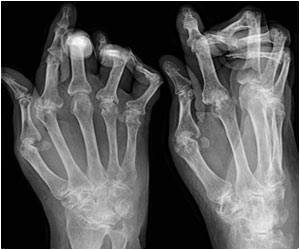Multinational Patient Advocacy Organizations provide a framework addressing the unmet needs faced by the over 125 million people living worldwide with psoriasis and psoriatic arthritis.

“The burden of psoriasis and psoriatic arthritis is significant, and yet throughout the world there is a vast variation in the quality of care patients receive,” said Joanne Simons, chief mission officer, The Arthritis Society. “It is therefore critical that we raise awareness of the impact of these often debilitating diseases, and work to provide real solutions to meet the needs of people affected by them.”
The consensus statement outlines how key stakeholders can come together to:
• Reduce the time to diagnosis of psoriasis and psoriatic arthritis
• Improve treatment of psoriasis and psoriatic arthritis, including access to medical specialists and medications
• Assist patients, caregivers and medical professionals in managing the burden of these diseases.
The full consensus statement can be viewed for free at http://www.ifpapso.org/web/page.aspx?refid=274
“Despite the fact that psoriasis and psoriatic arthritis are serious chronic diseases with a significant impact on quality of life, they are not recognized by both global and national health authorities and their effects are often ignored,” said Randy Beranek, president and CEO, National Psoriasis Foundation. “We want to send a message to healthcare organizations and professionals, regulatory bodies, industry, governments, academia and patient advocacy groups that greater attention and resources need to be allocated to this patient population.”
Advertisement
“The passing of the WHO resolution will be an important step forward in ensuring that the actions outlined by this patient advocacy group-led consensus statement are addressed on a global scale,” said Lars Ettarp, president, International Federation of Psoriasis Associations. “We encourage any group or person dedicated to psoriasis and psoriatic arthritis to take action with us to ensure these serious conditions, which often are associated with life-long complications, receive the recognition they need.”
Advertisement















